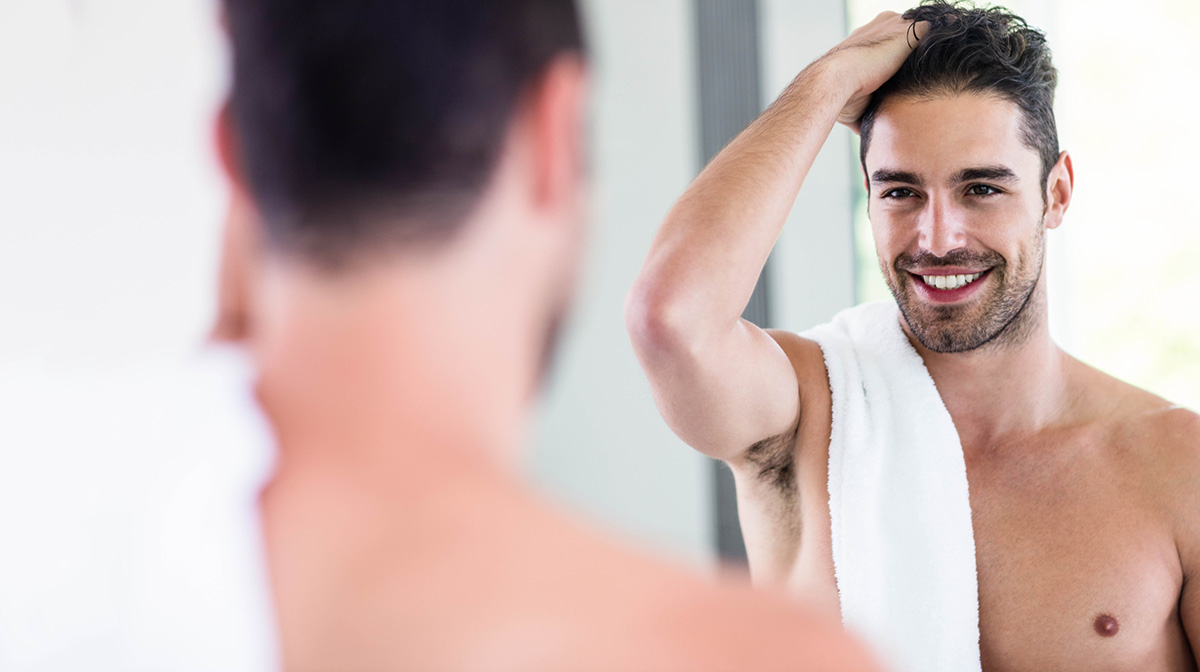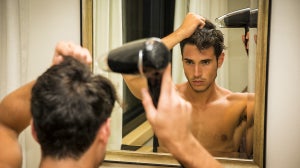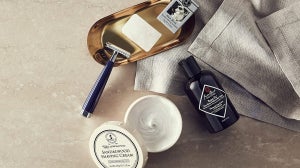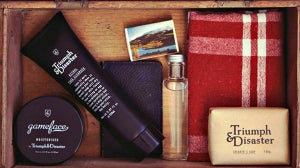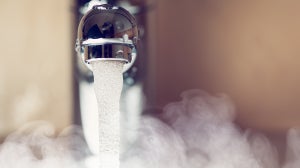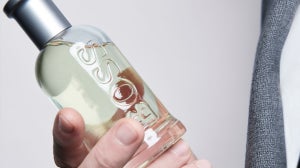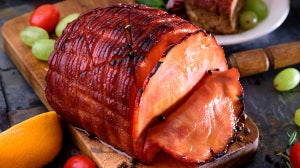
Although it is typically associated with teenagers, Acne is far from the adolescent dermatological issue that its reputation would have you believe it to be. It’s thought that as many as 42.5% of men in their 20s are affected by acne, with around half of that number remaining affected into their 30s. The rates are even higher in women. Its effects are wide ranging, too, not only causing blemishes to the skin, but commonly becoming a compounding factor in problems with self-confidence and mental health issues. You may suffer from body acne with or without suffering from facial acne, but it's caused by many of the same genetic and lifestyle factors.
While there’s plenty of advice out there on how to prevent acne and limit its symptoms, it typically focuses on the face. Less focus is placed on bodily acne for many valid reasons. Our bodies naturally receive less of our attention than our faces, meaning we simply spend less time looking at the skin on our bodies than that on the face. As a result, it becomes less of a focal point for self-consciousness. However, that doesn’t mean that it’s any less of a concern.
There are a few effective tips for keeping acne under wraps, so we’ve put together this list for you.
Tip 1. Stress Less
Our first piece of advice is actually two tips rolled into one. It’s important to stress less because far and away the most important factor in determining whether you get acne is genetics. It affects a huge number of people, and frankly, it’s totally normal. As you get older, it’s extremely likely that any acne you suffer from will improve even if you take no action against it. In addition, and this is true in many ways, your flaws and imperfections usually appear far worse in your head than they do anywhere else. So don’t worry so much.
Reason no.2 that stressing less is important is that with increased production of cortisol, a hormone associated with stress, a commonly observed symptom is an increased proneness to acne. It’s thought that meditation may be a good antidote to this. And it follows that any other activity that helps you to de-stress such as exercise, socialising, or pursuing a hobby might help improve your acne. In addition, getting adequate sleepis an extremely effective way to curb your stress levels.
Tip 2. Change your washing habits

If you’re consistently affected by bodily acne, it could be the case that you’re washing too infrequently. This is especially likely to be the case if your skin is prone to oiliness. Showering at least once a day should be the standard you hold to, and if needs be it’s advisable to shower more frequently. Just make sure that any body washes you use are gentle, and they don’t aggravate flare ups.
That said, it could be the case that washing too frequently could be aggravating your bodily acne. This is especially likely to be the case if you use aggressive soaps and body washes. If you already wash quite frequently, try to use a gentler product, or washing less often. Stick with your new routine for a week or two and see what effects you observe.
Good to know: If you wash your hair after washing your skin, the chemicals present in your shampoo as well as sebum from your hair can be transferred to your skin. Both can aggravate bodily acne. If you’re going to wash your hair, make sure you do it BEFORE washing your face and body.
Tip 3. Wash straight after exercise
Sweat itself is known to not cause acne, but that doesn’t mean the common-sense verdict that exercise and acne are interlinked is invalid. Whether due to heat, wind, exposure to bacteria from communal exercise equipment, or whether its due to excess sebum production and hormonal changes, it’s widely accepted that exercise can exacerbate bodily acne. Showering immediately after exercising, using a gentle body wash, will make a huge difference to the state of your skin.

Tip 4. Watch your Diet
There’s a misconception that skin irritation, blemishes, and other issues which arise due to certain dietary triggers are the result of allergic reactions. While allergic reactions to food can cause some dermatological symptoms, it’s relatively rare. You may, however, be on to something when you notice that certain foods cause your acne to flare up.
Acne is caused by bacteria that lives on the skin infecting sebaceous glands, causing swelling and the production of pus. The bacteria is normal and perfectly healthy, and even those whose skin is totally blemish-free will have a bacterial population living on it. Acne is typically worsened when bacterial levels increase, and one of the major causes of this is an increased level of sebum production.
While foods in themselves do not cause acne, eating certain foods will make many people’s bodies produce more sebum. This will cause acne indirectly. The types of foods which cause this will vary from individual to individual, but common trigger foods include red meat, dairy, other foods rich in saturated fats, as well as foods high in processed sugars and additives.
Likewise, improving your diet by increasing the amount of vegetables and fruit is reported by many to improve your skin along with it. Increasing the levels of both cooked and fresh vegetables and fruit will ensure you're receiving enough vitamins, minerals, and antioxidants for optimal health, which in many people will have a noticeable carryover effect on your complexion.
If you’re committed to trying to reduce your acne levels, it could be worth reflecting on your diet, and whether certain types of foods make your skin feel oilier, or which you notice cause you to break out. While ditching ice-cream and pizza altogether might seem daunting to many, cutting these foods from your diet for a few weeks is a great way to test the results.
Tip 5. Exfoliate

For reasons already discussed, the skin of the face typically gets pride of place in most people’s skin care routine. But your bodily skin and facial skin are all made of the same stuff, and the same principles that apply to one apply to the other. Exfoliating, either with an abrasive product or a chemical exfoliator, is a brilliant way to improve the general state of your skin, and helps to control body acne. While on its own it won’t cure acne, removing the dead skin cells and deep lying dirt from the outer layer of your skin plays an important contributory role in keeping it under wraps.
It’s important not to exfoliate too frequently or too hard – this can damage the outer layer of the skin and make you prone to outbreaks. 1-2 times a week is enough for most people to see a difference without running the risk of harm.
Good to know: Use a bodily moisturiser to protect your skin after exfoliating, as the exfoliating process can make you more vulnerable to outbreaks.
Tip 6. Medical Help
If, after some time of trying the above, you've had little success in reducing your body acne, then seeking medical help should be next on the agenda. Although nearly everyone will experience it in one form or another in their lives, body acne and acne in general is above all else a medical condition. Medical professionals will assess the likely causes of your body acne, before exploring a range of treatment options. These typically begin with topical treatments, but can also include antibiotics and other prescription only-solutions.
Tip 7. Have REALISTIC expectations
If your body acne is causing you pain, discomfort, or unhappiness, then you definitely should try to do something about it. Ultimately, however, it's helpful to realise that body acne, as with acne of any kind, is perfectly normal. When taking steps to control your acne, having a realistic expectation of what can be achieved is advisable. Ridding yourself of body acne entirely is virtually impossible, so aim to minimise the discomfort it brings you by reducing the likelihood of experiencing major outbreaks.
-
Want to see more informative content? Check out our Definitive Guide to the Short Back and Sides, our Grooming Tips Learnt from Queer Eye's Jonathan Van Ness, and keep up to speed with the Mankind blog.

Related Articles

